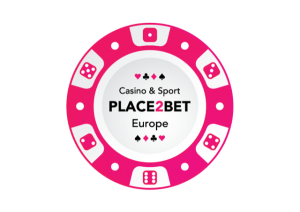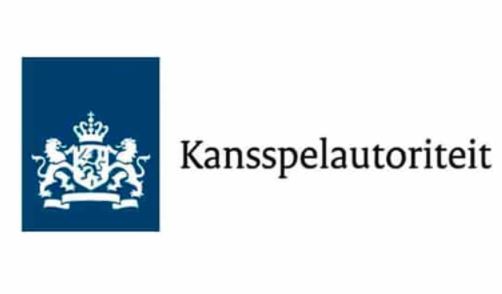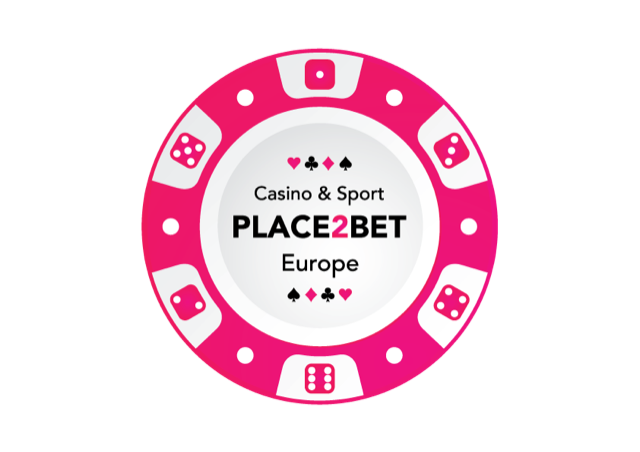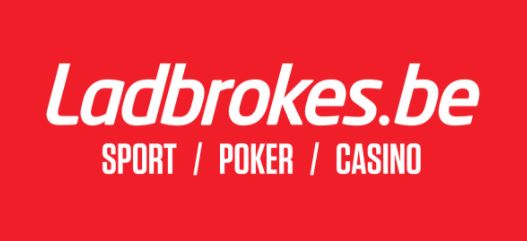Today the situation has changed
Regulation of online gambling has developed rapidly in Europe. Until ten years ago most European countries had either no dedicated regulations for online gambling or only state-owned online gambling monopolies were permitted.[1] But today the situation has changed dramatically. The multi-licensing model – which allows both private and publicly owned companies to obtain a license to offer online gambling in a country – has become Europe’s clear and preferred basis for regulating online gambling.
Multi-licensing
- Multi-licensing has been adopted in 25 out of 29 of European countries, with 21 countries having introduced full multi-licensing for all regulated online gambling products.[3]
- 4 European countries have a mixed licensing system with a monopoly for either sports betting (Hungary and Slovenia) or casino gaming and poker (Austria and Poland) and multi-licensing for all other online gambling products.
- Finland and Norway are the only countries which still retain an exclusive state-owned monopoly for all online gambling.
- Ireland is expected to introduce multi-licensing for online gambling in 2021/22.
- Cyprus (casino gaming and poker) and France (casino gaming) both impose product prohibitions in online gambling.
- Germany allows online casino gaming, but at the discretion of the respective Länder. It is intended that the provision of virtual slots would be allowed for private operators from 1st July 2021.
- Luxembourg currently has no specific licensing regulations for online gambling.
Extra news for the Netherlands – The country’s online market opens on 1 October.
The regulator said that especially now that the opening of the legal online gambling market is imminent, it is alert to illegal operators and advertisers who “want to make a quick move.” In its previous round of action against affiliates, the KSA said it examined 44 websites, which were reported upon and sanctions were subsequently imposed.
The KSA Has taken action to stop 23 affiliate marketing websites
Dutch gambling regulator Kansspelautoriteit (KSA) has taken action to stop 23 affiliate marketing websites from promoting online gaming brands in the country.
The move comes on the back of periodic research by the regulator into affiliate marketing activities in the Netherlands, with the KSA examining a total 44 sites as part of the study.
The KSA identified igaming adverts on 26 of the websites, with 20 immediately withdrawing the ads after being contacted by the regulator. A further three only agreed to remove the adverts after the KSA warned it could impose a penalty.
According to the regulator, an investigation into the remaining three websites is still ongoing. The KSA has opted not to disclose the identity of any of the sites in the study.
This is the second occasion the KSA has opted to investigate affiliate marketing in the online gaming sector, with an initial study conducted from 2016 to 2017 leading to 17 sites pulling igaming ads.
To protect the consumer
“Protecting consumers is an important objective of the KSA,” the regulator said. “Participants in games of chance from providers without a licence are not guaranteed a fair game. Nor is it possible to monitor the participation of vulnerable groups, such as young people.”
Online gaming and the advertising of such activities are currently illegal in the Netherlands, although the country is in the process of preparing to launch a regulated market after the Dutch Senate in February passed the Netherlands’ Remote Gambling Act.
Subject to approval from the Ministry of Justice and Security, the law will come into force from July 1, 2020, after which Dutch regulator the Kansspelautoriteit (KSA) will draw up licence conditions, with the hope of launching the market on January 1, 2021.
“The market for online gambling is likely to open on January 1, 2021,” the KSA added. “Consumers can then go to providers with a licence that the KSA supervises.”
The KSA has been seeking to clamp down on illegal gaming and related activities as part of its preparations for launching a regulated market. Recent measures include setting out new anti-money laundering and duty of care guidelines.
The regulator has also proposed a rule which would require any prospective igaming licensee to have not operated in the market for two years before they could launch in the regulated market.
Advertising online gambling remains illegal in the Netherlands until the country’s online market opens on 1 October.
Place2bet wishes you the best of luck
Follow us on social media
- https://www.facebook.com/Place2bet-101245858345245/
- https://twitter.com/place2bet
- https://www.instagram.com/place2bet/
Check out our homepage for nice promotions!




